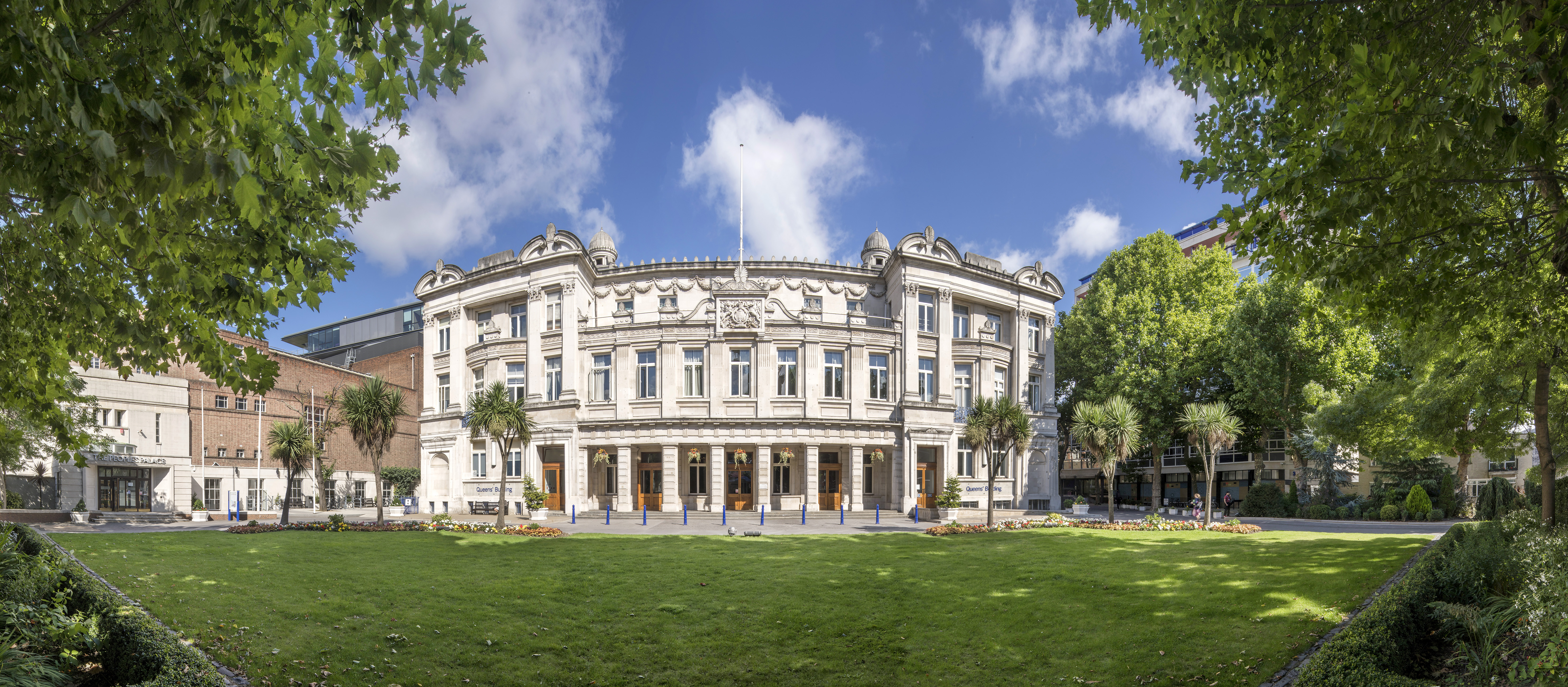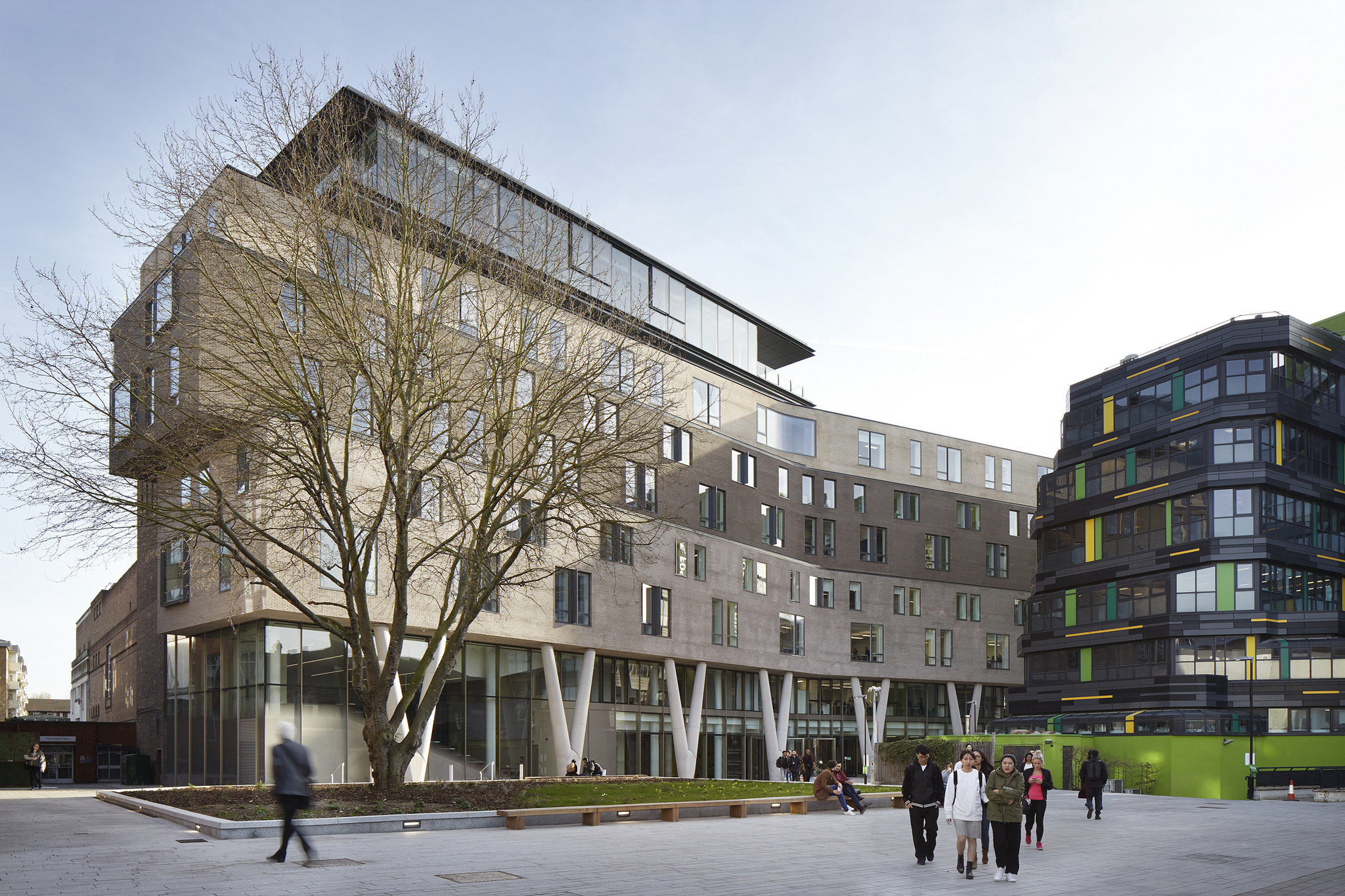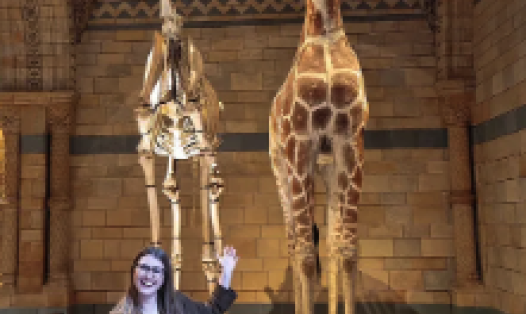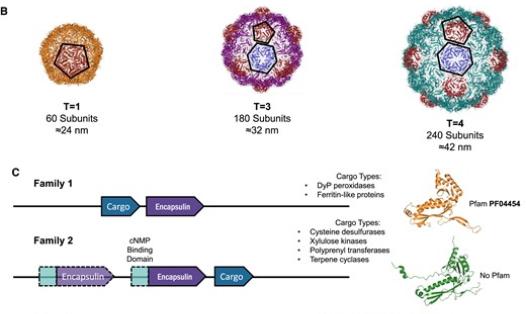Queen Mary University of London

Queen Mary University of London is home to a large community of excellent scientists focussed on understanding how life works. The roots of our University are in the diversity leading “Peoples Palace”, the first College to award degrees to women, and two Hospitals – the London Hospital (founded 1748) and BARTS (founded 1123). We have particular strengths in genomics, health related research, cell biology, and structural biology. We offer superb interdisciplinary resulting from bringing together our researchers across the Faculty of Science & Engineering and the School of Medicine and Dentistry.

The School of Biological and Chemical Sciences, School of Engineering and Materials Science, School of Electrical Engineering and Computer Science, School of Physics and Astronomy, and School of Maths together with the Blizard Institute, BARTS Cancer Institute, and William Harvey Research Institute collaborate within the BBSRC LIDo DTP. Cross-Faculty Institutes that also promote interdisciplinary research include: Bioengineering Institute, Materials Research Institute, Institute of Applied Data Science, and the Coding Institute. The doctoral college provides opportunities for gaining additional skills and interdisciplinary training for all our graduate students. We are expanding our interdisciplinary institutes as a key part of our 2030 Strategy and welcome your contribution to our development as one of the world’s greatest Universities.
Queen Mary continues to recruit talented early year researchers and outstanding senior scientists working in themes supported by BBSRC and UKRI. There is considerable on-going expansion in the areas of genomics, cell biology, and artificial intelligence. Queen Mary receives the majority of its funding in bioscience research from UKRI and a range of Charities (Cancer Research UK, Wellcome Trust, Bill and Melinda Gates Foundation, British Heart Foundation and Barts Trust) as well as NIHR, the European Commission, and US NIH. Queen Mary hosts Genomics England and the 100,000 genomes project (£24M). There is substantial funding from, and interaction with industry. Queen Mary operates the Queen Mary Bio-innovation Centre, one of London’s largest bio-incubator spaces. We are a vibrant, research intensive, and expanding university with an ambitious 2030 Strategy. We opened the Graduate Centre in 2017 (£40M), which provides educational and social spaces for graduate students. Queen Mary, together with the other partners in this consortium, will make substantial contributions to the science needed to fulfil the BBSRC remit.







